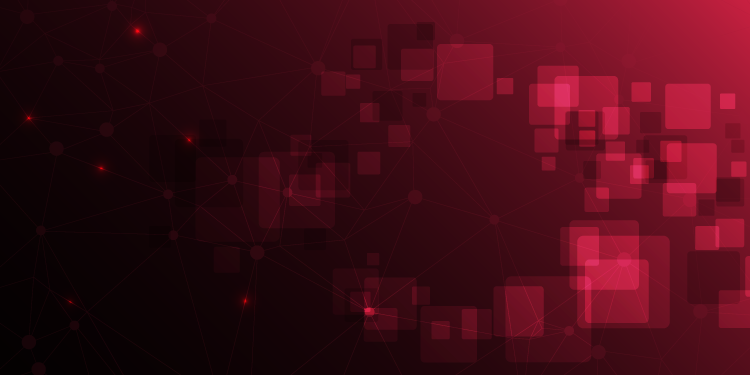In Greek mythology, an Oracle connects two realms. In blockchain terms, an Oracle connects smart contracts with real-world data resources.
Without Oracles, it would be impossible to bridge information between blockchains and external resources. Phoenix Global platform is an Oracle-based project that connects decentralized applications with external real-world information.
The absence of oracles in the blockchain realm has been a significant problem. It impacts the capacity of building useful decentralized applications. Oracles enable developers to include events into smart contracts. Events are off-chain data like market price fluctuations, geolocation of a parcel, or weather data. The blockchain space is defined by tokenization. However, the ability to build oracles expands the spectrum to creating data events and smart contracts.
This article introduces how different Phoenix Global components fit together and provide blockchain developers with robust mechanisms to deploy intuitive customer experience through Phoenix Oracle. Also, it will explain how Phoenix Oracle connects smart contracts’ tamper-proof inputs and outputs to real economies, events, and payments.
Phoenix Global’s role of Data in Enhancing Customer Experience across DeFi
Enhancing the customer experience of any digital product requires a considerable data component. According to the podcast “Secrets of Audience Intelligence,” how a business collects data and customer behavior comes in handy when creating connection, usability, and bonds across customer channels. Blockchains are even more helpful when customizing decentralized finance channels that demand data, such as price feeds, historical performance, and forces of demand/supply when establishing the value of assets.
Phoenix Global goes a step ahead to integrate Phoenix Oracle with Federated Learning.
What is Federated Learning?
Also known as Distributed Artificial Intelligence, this feature helps the Oracle collaborate with and learn more about large datasets without interfering with the data’s privacy.
The main objective of this functionality is to learn from data and help customers make the right decisions while still maintaining the privacy of the data.
Data ownership and transaction
Data transactions require an element of trust. Since the renowned Facebook-Cambridge analytical scandal, underlying data privacy problems have become a vital concern. Many such cases involved data transactions, but this one stood out because it involved the largest acquisition of Facebook data belonging to millions of users.
Today, built-in data protection protocols have become an inherent part of the digital experience. Phoenix Global endeavors to make this possible across decentralized Oracles through its data transaction layer, which runs on a trustless consumer data ownership mechanism and decentralized, encrypted data storage.
Actionable price feeds
All types of finance rely heavily on numbers. Phoenix Global is built on top of the two-fold consensus mechanism. While the decentralized application can learn from outside data points, outside sources can also retrieve data from the blockchain.
This consensus facilitates asset exchange between the mainnet (or DPOS) and side chains (POS).
Phoenix Oracle offers a variety of market price feed oracles. Cryptocurrency investors who’d like to dabble in the stock market can benefit from traditional finance market indices oracles as well as equity assets oracles. Real estate, art, and collectibles are linked to smart contracts via Phoenix’s physical assets price feed. A good use case is when locking up real estate as collateral; physical asset oracles feed price data to the smart contract. The price data helps adjust the lock-up time.
Closing remarks
The benefits of Phoenix Global enable decentralized applications to expand into new use cases outside of tokenization and synthetic assets. Developers can now innovate dependable, efficient, and consumer-focused decentralized applications that are scalable and intelligent.





